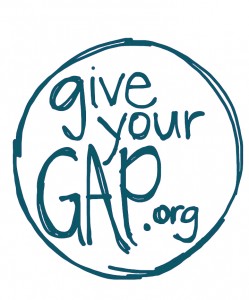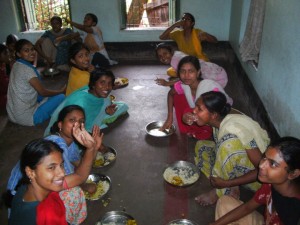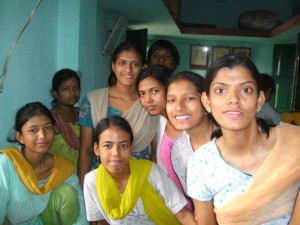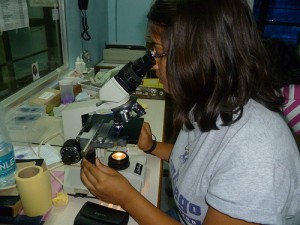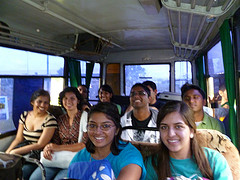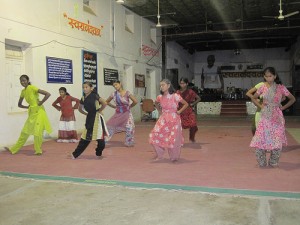On our visit with Magic Hospital in Beijing, China, GiveYourGap was able to sit down with Maggie, a part-time volunteer form South Carolina, to talk with her about her volunteering abroad experience.
Full interview transcript
GYG: So first, can you introduce yourself for us?
Maggie:Hi my name is Maggie Hicks. I’m from Colombia, South Carolina, I’m 25 years old, and I’m currently living in Beijing China volunteering for Magic Hospital.
GYG: What is Magic Hospital? What do they do?
Maggie: Magic Hospital is a quality of life organization. So we work in partnership with hospitals, migrant schools, and orphanages around Beijing to help improve the programs that they already have in place. So we bring in volunteers who can help with art or music or just to bring a new level of engagement to organizations that work with children. We also do different individual programs like outdoorsy days or gift-giving where we go into these organizations and do a special type of event.
GYG: What do you do specifically for Magic Hospital? What are some of your daily tasks?
Maggie: I’m the volunteer communications coordinator. I have a full-time job, but I also work as a volunteer with Magic Hospital to do the website, work with local publications, spread the word about different fundraising events that we’re having, basically just get the word out about what Magic Hospital does. So daily stuff that I do is I post pictures of our most recent events, I edit our website, or I’ll answer questions that a local publication might have about what we do and our volunteer opportunities.
GYG: How did you find Magic Hospital?
Maggie: I originally moved to Beijing to teach, and then have since found another job. I found Magic Hospital just through searching. I wanted to do something that would supplement the skills that I already had and was learning through work and where I could help an organization grow and use the skills that I was learning through my professional job. So I found Magic Hospital just through Google and through word of mouth. I’ve had the pleasure of working with a lot of different people from everywhere around the world in Beijing.
GYG: What can other people do volunteering at Magic Hospital?
Maggie: We have two different ways to volunteer at Magic Hospital. One is the core team that does more the administrative work. We help coordinate the different programs and do fundraising, communications. We also have volunteers who work within the specific programs in our partner institution. So they go into the migrant schools or the hospitals and actually play out the programs that we help coordinate and work with children and teach them, or do art with them, or play with them.
GYG: How do you like living in Beijing? What’s the experience like to volunteer here?
Maggie: Living in Beijing has been a great experience. It’s been three years and I get to meet people from everywhere who are doing really really interesting things. As everyone knows, China is growing, and there are amazing opportunities if you do choose to come here. There is someone who is working on everything, so no matter what your interested in, someone is here who is doing something innovative in that space. I think that’s what I’ve enjoyed the most.
GYG: Why should people come to volunteer at Magic Hospital?
Maggie: I think the real reason people would want to come to volunteer for Magic Hospital is because you really do get to see the difference you get to make. We are a small organization but we have strong partnerships with the groups that we work with. When you go into these schools, the little bit that we are able to do has a big impact. I think that you’re not going to get lost in the scope of Magic Hospital. You’re really going to get to see what your skills and your energy can do to make a positive change.
Thanks Maggie!! It was so great to see someone dedicating their little free time volunteering, even while working abroad. Best of luck! Check out our full feature on Magic Hospital.

